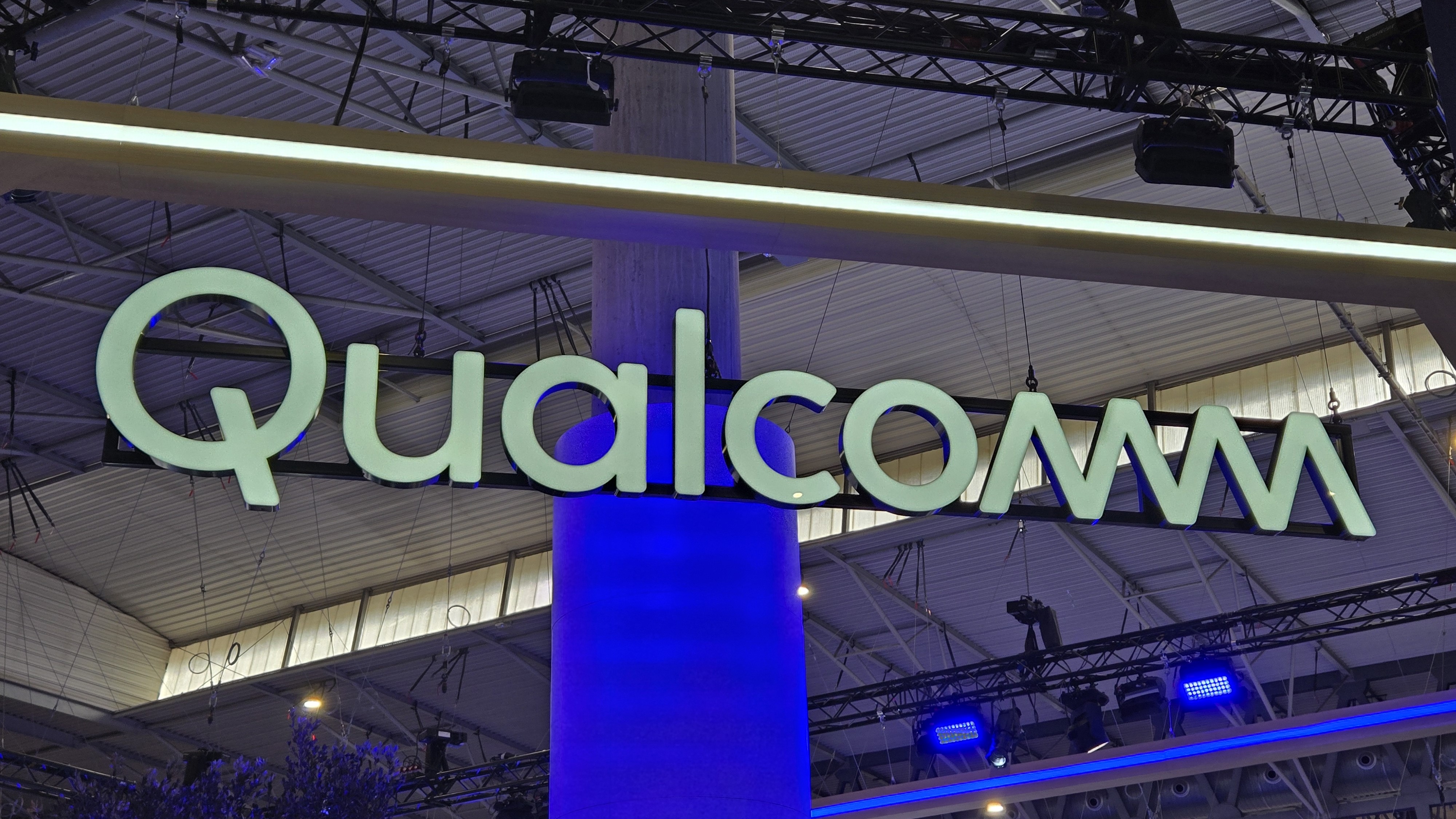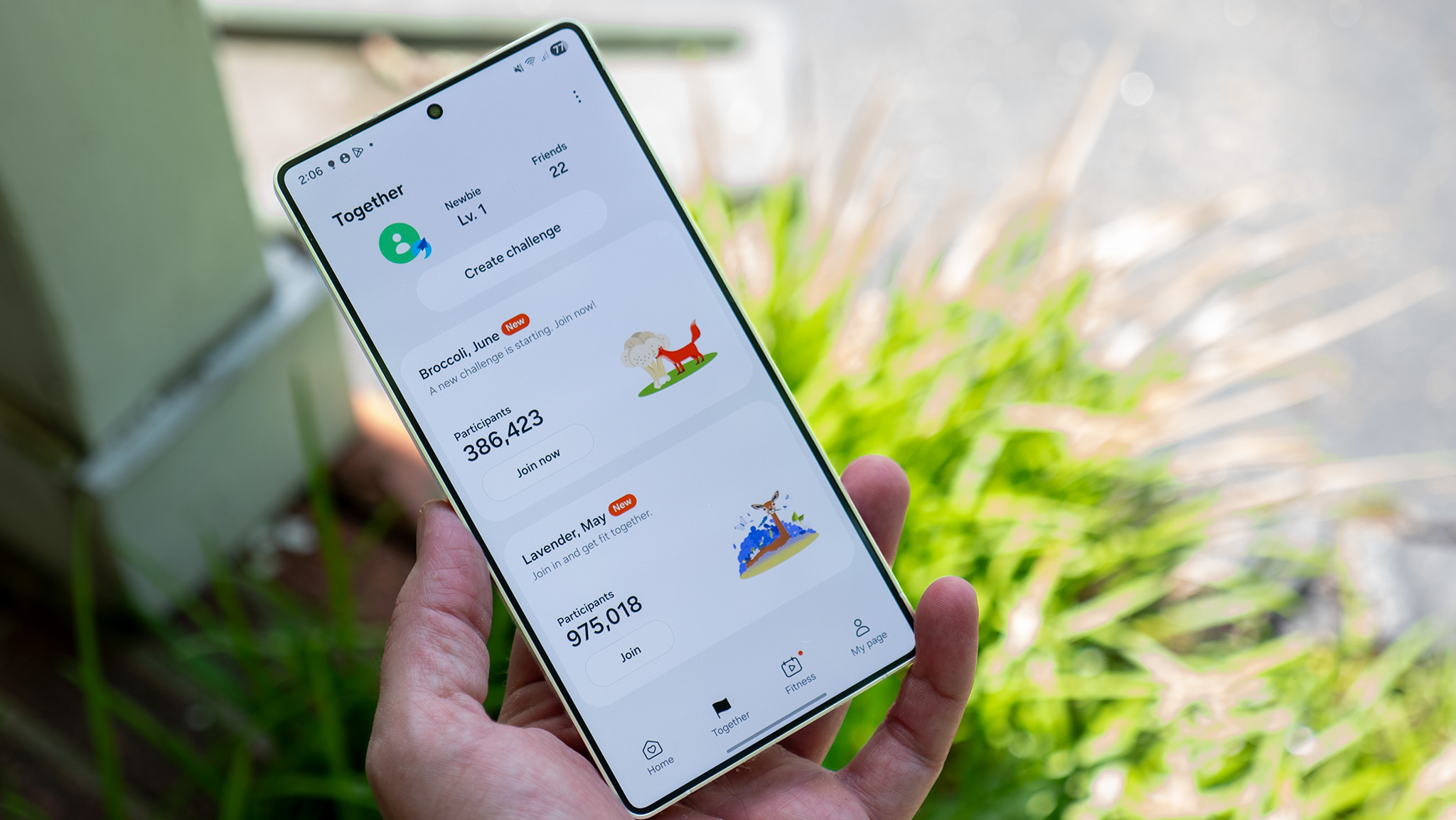Qualcomm wants to make Android updates easier for OEMs
An Android phone's chipset is just part of the problem.

What you need to know
- An interview between Qualcomm's SVP and General Manager of Handsets, Chris Patrick, shed light on its efforts to make Android updates easier for OEMs.
- Patrick detailed that Qualcomm has taken strides to optimize the internal code and machinery of its SoCs to reduce the problems OEMs may face.
- Patrick teased that there will be more on the matter "later this year," which could be highlighted during its next Summit in Hawaii in October.
New information highlights Qualcomm's new efforts to solve the problem behind slow Android updates from OEMs with extensive product libraries.
According to an interview between Android Authority and Qualcomm's SVP and General Manager of Handsets, Chris Patrick, help is on the way. Patrick informed the publication that "it is very complicated for a customer — an OEM — to get security updates, to get Android version updates, and then get it to every end user."
One of the many causes for slow update reception is older chipsets within an Android phone. Typically, as with any piece of technology, the older the piece, the less likely support will be maintained. This causes a disconnect between the user and the OEM providing the Android update.
Qualcomm's Chris Patrick stated that a phone's SoC isn't the only culprit, but it does contribute, which is why they've "been working on for the past several years with Google and with the OEMs is to change the structure of inline code." As a result, Patrick is hopeful that the changes will aid OEMs in keeping more of their product catalogs up-to-date in a closer timeframe.
The company teased more "code optimization" information to come, but that won't happen until "later this year." Moreover, as the publication noted, Qualcomm's improvements won't magically see the adoption of five or seven-year update support for devices like what Google promised users.
To Patrick, the company's changes should at least make it easier for Android updates to flow rather than constricting what's possible software-wise.
Following Google's update support announcement, Samsung started to ponder a similar route. The Korean OEM typically supported its higher-tier devices for four years, delivering major Android OS updates alongside five years of security patches. Both areas see importance as the former brings new features and refreshments while the latter strengthens devices against online dangers.
Get the latest news from Android Central, your trusted companion in the world of Android
Samsung ended up following in Google's footsteps as its recent launch of the Galaxy S24 series promises seven years of Android updates and security patches.
What's important here is Qualcomm's teaser of more to come later in 2024. The company is expected to host its next summit in Hawaii in October. There, we'll hear about the Snapdragon 8 Gen 4 SoC. It's unclear if Qualcomm has plugged these machinery upgrades into its next flagship chip. However, its general manager's words give hope.

Nickolas is always excited about tech and getting his hands on it. Writing for him can vary from delivering the latest tech story to scribbling in his journal. When Nickolas isn't hitting a story, he's often grinding away at a game or chilling with a book in his hand.
You must confirm your public display name before commenting
Please logout and then login again, you will then be prompted to enter your display name.
